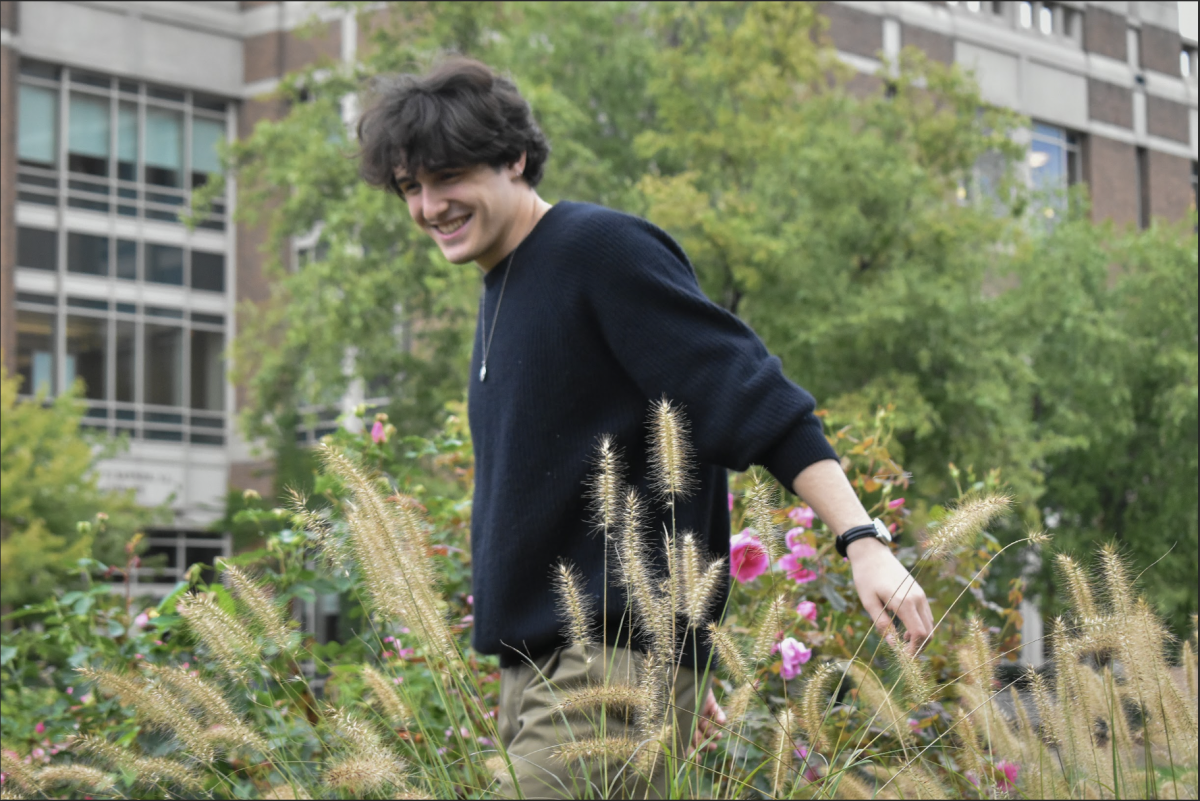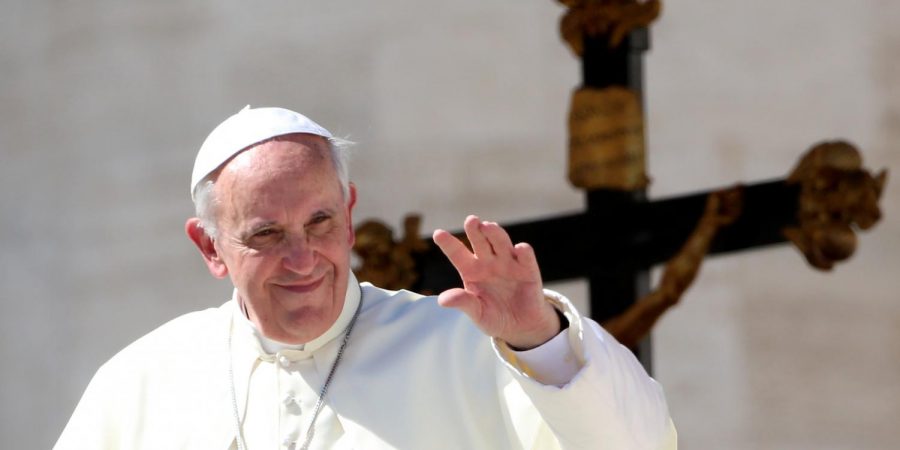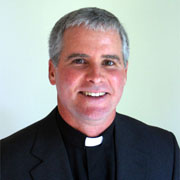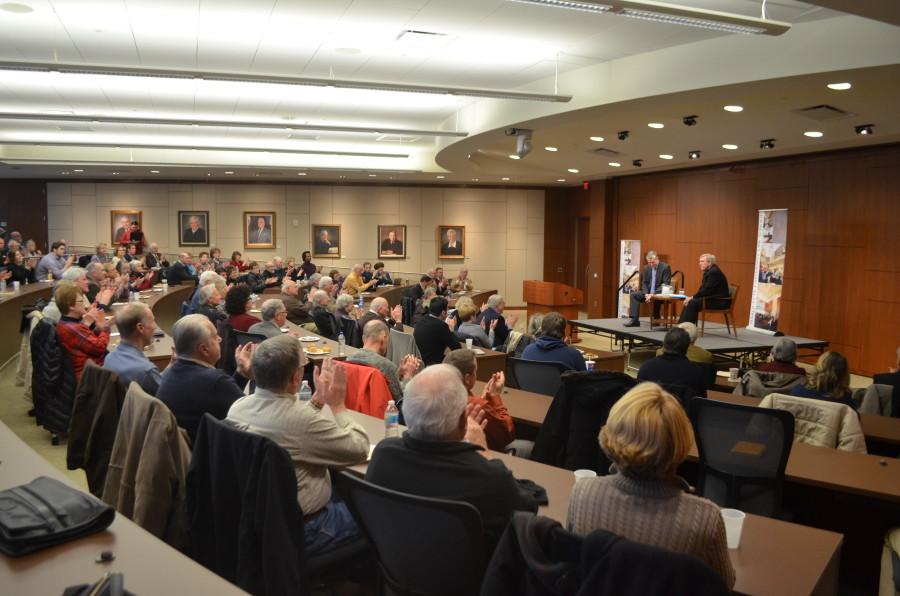Milwaukee’s expanding Hispanic population has been a blessing for the Archdiocese’s Catholic schools.
While the system’s overall enrollment has declined, the number of Hispanic students has steadily grown over the past decade. There were 2,251 Hispanic students enrolled during the 2000-’01 school year. In 2010-’11, there were 5,686.
Kathleen Cepelka, the superintendent of Milwaukee Catholic Schools, credited the rise to increased accessibility, as well as the growing number of Hispanics identifying with the Catholic faith.
A survey conducted by the Pew Hispanic Project and Pew Forum on Religion & Public Life in 2007 showed that about a third of Catholics in the nation are Latino, and they predicted that number would continue to grow.
The Archdiocese has seen increased numbers across the city, but particularly on the south side, Cepelka said.
St. Anthony School of Milwaukee Middle School, 1747 S. 9th Street, is one of the largest Catholic grade schools in the nation, according to school president Terry Brown.
Between the grade school and the high school there are about 1,450 students currently enrolled, and an expected 1,600 students for next year, he said.
Brown said the Milwaukee Parental Choice Program, which allows students from underprivileged backgrounds to attend private sectarian and nonsectarian schools at no cost, has been a big reason for the trend.
“Many are surprised we are the largest Catholic grade school in the country and serving many Hispanic students in poverty through a school choice program,” Brown said.
To help accommodate the growing number of Hispanic, Spanish-speaking students, Brown said they begin to teach English reading and math in four-year kindergarten to give them a head start.
St. Anthony has a Modified English Program, which Brown said is a lot like an immersion program.
“Start teaching English right away, so they are immersed in the language,” he said. “They latch on quickly when they are younger.”
Milwaukee Catholic schools have also hired a number of translators to help with the education process, Cepelka said.
She said there has been a slight increase in bilingual teachers, but no dual immersion classes yet.
“The whole issue is meeting the needs of families, providing services beyond educational services,” Cepelka said.
They provide parenting, financial and citizenship classes along with other family events that continue to build the community, she said.
“The future of the Catholic Church is involving Hispanics and we are very conscious of this,” Cepelka said.
Marquette, which has continuously worked to diversify its community, has seen a 26 percent increase in Hispanic applicants since the 2009-’10 school year, according to Eva Martinez-Powless, an assistant dean in undergraduate admissions.
“We are getting a lot of applications [from Hispanic students], and a lot are getting admitted,” Martinez-Powless said.
She said they work on many different programs to bring Hispanics to campus, including Mi Casa es Su Casa, where admitted Hispanic students from the Milwaukee and Chicago areas get to spend a day here with their families. They also stay overnight with students involved with the Latin American Student Organization.
“I would say that more than 90 percent of students that come to Mi Casa come to Marquette,” she said.
Another program is the Urban Scholars program, which provides three scholarships to students from Cristo Rey High School in Chicago.
The issue of financial aid is often an obstacle the university and the students have to overcome. Marquette is continuing to work to get funding to help Hispanic students come to the university, she said.
Martinez-Powless, who spends a lot of time on Milwaukee’s south side, said Marquette needs to continue to be visible within the neighborhood.
“We need to continue to sustain and develop relationships in the Marquette community,” she said. “We need to take care of our backyard.”






